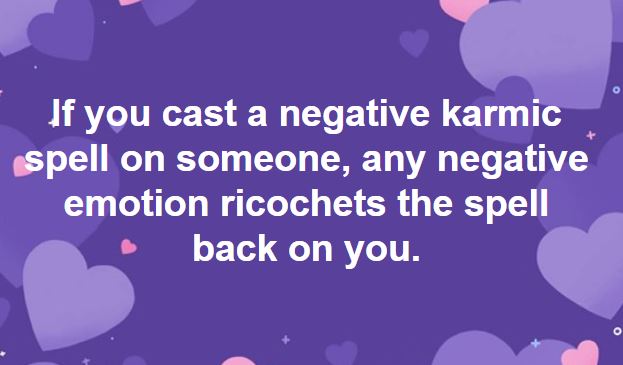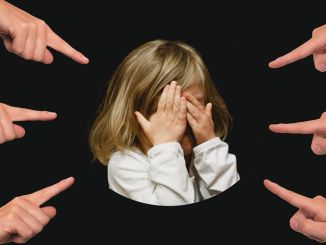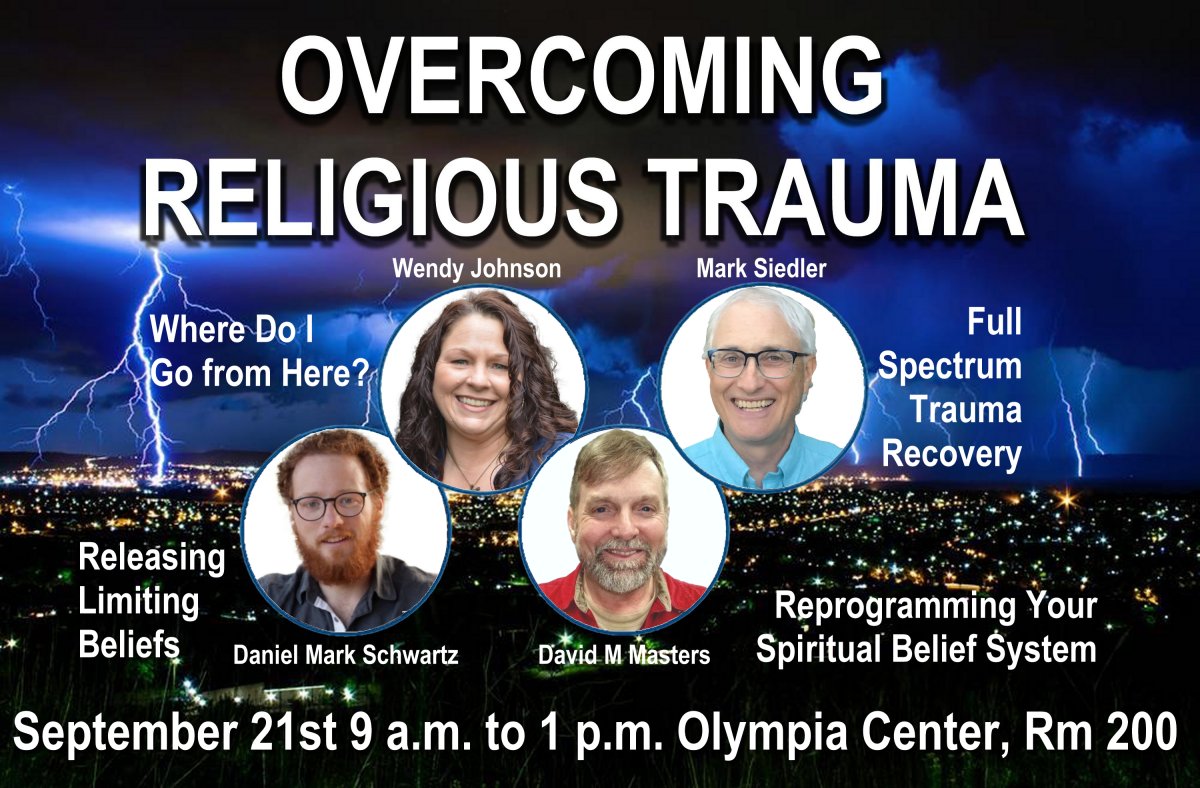To forgive or not to forgive, should not be the question. If Jesus or God is who They say They are, then They are the only ones with the right to truly exercise frue forgiveness and judgment. But we are taught to forgive others for their wrongs against us. In this case, forgiveness is for the forgiver to feel better about the wrongness they feel about the one they feel has wronged them.
What if the person who acted wrongly, offended, betrayed, or otherwise made you feel victimized didn’t actually do anything malicious to you? What then?
For instance, I live in the Pacific Northwest where we enjoy a certain amount of natural wildlife with which we share the environment. I heard a story that a cougar had been spotted lurking around a predominant neighborhood in an upscale community nearby. Radio and media alerted the city that a cougar had been spotted and to take special precautions.
Around this time, a mother playing with her young son in the fenced yard went inside to move the laundry from the washer to the dryer. When she returned, the boy was gone. There was blood on the grass, and it appeared that the cat had followed its natural instincts.
The community gunned up, hunted down the cougar, and ascertained that the cougar was the culprit. A truly tragic story.
But who was wrong? Obviously not the child who was an innocent victim. The mother? The cougar?
Certainly, the mother and the neighbors assumed the cougar was wrong. But the cougar is a cougar. Yes, no doubt it was a tragedy, but that’s what cougars do. No, they don’t usually go around attacking children, but they do prey on living food, the easier the food is to get, the quicker they satisfy their hunger.
Not unlike your pet cat. If your pet cat sees a mouse, it is fair game, it can be fun or food or both fun and food. A wounded bird is even better.
In the case of the cougar and the child? It is easy to jump to the conclusion that the cougar is the offender, and the neighbors were the judge and jury, as they took matters into their own hands. Justice, as it were, was served. The cougar paid the price for its sins with its life.
The mother may someday wonder if she should forgive the cougar, or pray to Jesus or God that the sinning cougar is forgiven. But did the cougar sin?
No. The cougar just did what cougars do, what they were born to do. Did the cougar extend its practices beyond reasonable boundaries? Yes. Doing so may have put the cougar at additional risk, for which the cougar did pay the price.
But the cougar was just a cougar.
So it is, when someone commits a crime, possibly any crime. If the perpetrator is a cougar, could they have done anything else besides commit said crime? Maybe not. May he or she be just a cougar? It’s all they instinctively know to do. They have a hunger or a yearning to do something, and they do whatever they need to do to satisfy it. Just like the cougar.
If I have been offended by someone, another person, and I feel victimized, did that offender purposely intend to hurt me, or was he or she just doing the only thing they knew how to tend to themselves?
Are these offenders just doing the best they can with what they have?
I know I’m not perfect. I’ve hurt people’s feelings while in the act of doing the best I could with what I had. I didn’t even know that I was hurting anyone. Yet here it is. I can clearly see now in retrospect, that I did inadvertently offend someone in a manner that had never occurred to me while I was about the business of doing the best I could with what I had.
Should I Ask for Forgiveness?
If I am aware of my transgression, yes. I feel an obligation to appeal to that person and ask him or her for forgiveness, even if I was unaware of my transgression when it occurred because I never intended to do that. And I am ashamed of myself for not being more aware that someone else might have been hurt in my doing the best I could with what I had.
Should I Expect Someone Else to Ask Me for Forgiveness?
There was a time when I felt that would be appropriate when I thought that if someone hurt me in some way that I was owed an apology, or begged for my forgiveness for their sin. Later, I realized that forgiveness was a God issue, and not a “me” issue. So, I let go of that expectation.
I might still like an apology, but I wouldn’t expect it. Especially if the offender was a cougar.
Anyone Could be a Cougar
What if the person who offended or victimized me was a cougar? A cougar could take almost any shape or human form. A drug dealer, addict, drunk driver, lawyer, judge, doctor, neighbor, friend, spouse, sibling, or priest.
Anyone could be a cougar. Just doing the best they can with what they have. Nonetheless, a cougar. Even me. And like the cougar, if I offend the wrong person at the wrong place and time, I too may have to pay the price for doing so.
Superiority of Judgment
Yet, we feel so superior that we would expect to have the right to be asked for forgiveness and feel as though we have the right and power to offer such forgiveness. So, we judge them, until they have paid the price for offending us.
Then I am reminded of a Jesus story about a woman who had been accused of adultery. The self-righteous Pharisees were standing around her with a fistful of rocks ready to execute their brand of justice when Jesus interrupted them.
Let He Who Is Without Sin Cast the First Stone
Were the Pharisees authorized to execute this action in John 8? Were they following Jewish law? Pretty much (though there were some concerns that possibly they may not have had all their ducks in a row at the time the punishment was to be delivered by the law. Certainly, all the players did not appear to be present as the law may have suggested).
Did the Pharisees have hidden sins? Apparently. When Jesus challenged them, they drops their rocks and walked away.
Were the Pharisees cougars?
Jesus did not condemn her and simply told her to go and sin no more. Maybe she was a cougar. She was the only person that Jesus told to change her life, and I think that was because she was in so much trouble with the overseers that they intended to kill her for her misdeeds, and maybe He might not be there on her behalf, the next time. Like the advice I might give to a repeat offender, especially in my state where we have a three-strikes rule.
In Matthew 7, Jesus says not to judge lest we be judged, and if we judge someone harshly, we will be judged likewise. Then he asks how can you help a brother with a splinter in his eye when your own eye is blocked by lumber?
Good point. Right?
I like Jesus’ examples because He loved many people and had a heart for those who were less fortunate, most likely unworthy, and of questionable character, and His influence on their lives was undeniable.
The price of sin is death (ultimately) but Jesus by His death and resurrection was the sacrifice by which we all have forgiveness for our transgressions, and claim the right to life more meaningful and long-lasting (eternal) than any of us might have been entitled to otherwise.
When we judge and are so self-righteous to think we are authorized to do so, are we not nullifying the words of Jesus or the perfection of His work on the cross?
These days, I would not run to usurp His authority.
Is it polite to forgive? Yes. Would it be nice if someone apologized or asked for forgiveness? Yes.
Should we expect or demand it?
From a cougar?
In this respect, forgiveness may be required by people who may not understand the divinity of all things, though being willing to let go and let God work out the details, especially if someone is a cougar, may lead to the higher road to travel through this life.
After all, aren’t we all just doing the best we can with what we have?
Something to think about…







